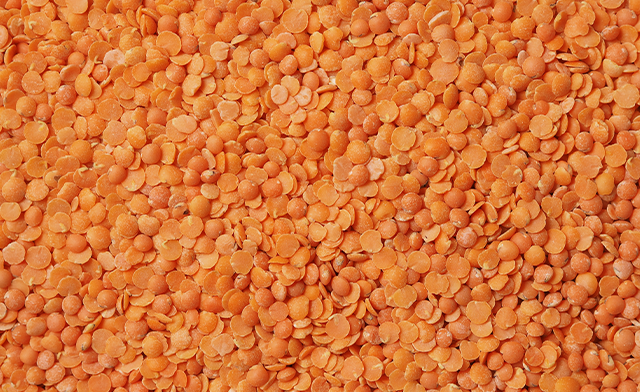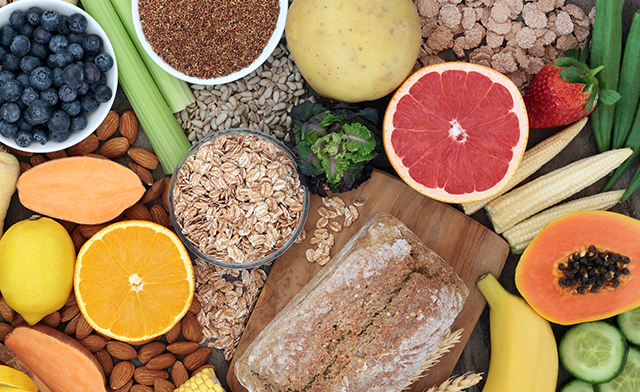Plan your nutritionally balanced diet
Thinking about going meat-free or vegan but worried about getting all the nutrition you need? How will you get enough protein? Where will you get your iron? What about vitamin B12?
These questions are important to consider but the good news is that a well-planned vegetarian or vegan diet can certainly meet your nutritional needs. What’s more, there is an increasing body of evidence showing the health benefits of a plant-based diet, particularly when it comes to reducing chronic disease risk.
However a vegetarian or vegan diet isn’t just about cutting out meat or animal products. It’s important to replace animal protein with a variety of plant foods including vegetables, fruits, wholegrains, legumes, nuts and seeds. And there are some nutrients that may need special attention.
Here are some tips from Dr Kate Marsh for making sure your meat-free diet is giving you all the nutrition you need.

Calcium
Important for healthy bones and teeth, calcium also plays a role in muscle contraction and relaxation, blood clotting, nerve function & regulation of blood pressure.

Protein
Protein is an essential nutrient required for many vital roles in the body, including building and repairing muscles and bones, and making hormones and enzymes.

Zinc
Zinc is essential for good health, as it's required for reproduction, growth, wound healing, sexual maturation and for maintaining a healthy immune system

Vitamin B12
B12 is an essential vitamin which is found almost exclusively in animal foods. We need it to form red blood cells and to maintain a healthy nervous system.

Vitamin D
Important for our immune system, and bone health as it helps the body to absorb calcium.Deficiency has been associated with a number of diseases including diabetes & multiple sclerosis.

Fibre
Adequate dietary fibre is essential for proper functioning of the gut and has also been related to risk reduction for a number of chronic diseases including heart disease, certain cancers and diabetes.

Iron
Plays a vital role in forming haemoglobin, which transports oxygen around the body, assists in energy-producing chemical reactions & maintaining a healthy immune system.

Omegas
Essential fats which are important in maintaining cell membranes, and which help to regulate metabolism, reduce inflammation, lower blood pressure and cholesterol, and may protect against heart disease.
While these guidelines are a great place to start, everyone’s nutritional needs are different. So if you are planning to, or have adopted a meat-free diet, consider seeing an Accredited Practising Dietitian (APD) for individualised advice.
You can search for an APD with experience in vegetarian nutrition by visiting the Dietitians Association of Australia (DAA) website.
About Dr Kate Marsh
Dr Kate Marsh is an Advanced Accredited Practicing Dietitian, Credentialled Diabetes Educator and Health & Medical Writer based in Sydney.
Kate has followed a whole food plant-based diet for more than 20 years and is passionate about the health, ethical and environmental benefits of vegetarian and plant-based eating.
She regularly writes and speaks on the topic of plant-based diets, has written several research papers and textbook chapters on health benefits and nutritional aspects of vegetarian and meat-free diets, and is the co-author of The Low GI Vegetarian Cookbook.






